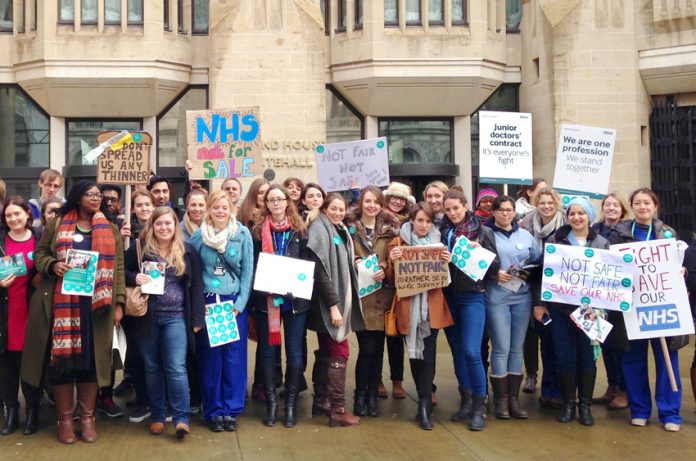
The BMA has secured more than £200,000 in back pay for junior doctors, after their rotas failed to provide sufficient rest. It has now warned that trusts must address staffing shortfalls to ensure patient and doctor safety.
A banding appeal launched by the BMA and doctors at Cambridge University Hospitals NHS Foundation Trust resulted in roughly £210,000 being awarded to 33 junior doctors. The successful appeal related to the banding of the general internal medicine core medical training rota at Addenbrooke’s Hospital, between February and August 2017.
Concerns around the safety of the rota, in particular that of juniors not being able to take adequate rest, were flagged up to the trust as early as August 2016. Following a monitoring exercise carried out in March 2017, the BMA questioned the trust’s 1A banding of the rota, before formally appealing it in July 2017.
The appeal argued that with those working the rota receiving their breaks on less than 75 per cent of the time, the rota should be reclassed as band 3. An appeal on the rota’s banding took place last month, resulting in the BMA’s case for the monitoring result to be reclassed as band 3 accepted, and the trust agreeing to provide pay backdated to February 2017.
Specialty trainee in general internal medicine and local negotiating committee representative at the trust Jordan Skittrall was one of the claimants involved in the appeal. He said that while the agreement to backdate pay was welcome, he added that he hoped the outcome would highlight to other junior doctors the importance of using processes such as exception reporting to raise concerns over staffing. He said: ‘This appeal outcome recognises the challenging working conditions faced by a sizeable group of doctors.
‘Aside from having ensured these doctors are paid what they were due for their work, financial settlements provide a strong incentive for trusts to acknowledge and address inadequate rostering at the first opportunity – which promotes the safety of patients affected and improves doctors’ working lives.
‘This outcome should serve as an encouragement to junior doctors at other trusts to use formal reporting mechanisms whenever they have a concern about staffing problems, so that we can go to management with a clear business case for improvement to support the moral case.’
The agreement reached in Cambridge follows on from a similar victory early this year, in which 100 foundation year doctors who had worked excessive hours were awarded £800,000 by the Royal Liverpool and Broadgreen University Hospitals NHS Trust, following a two-year dispute.